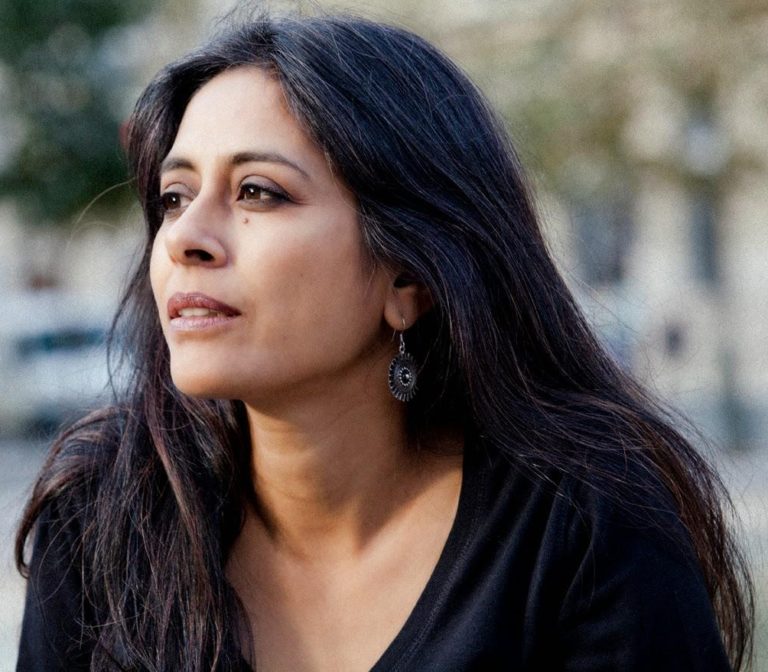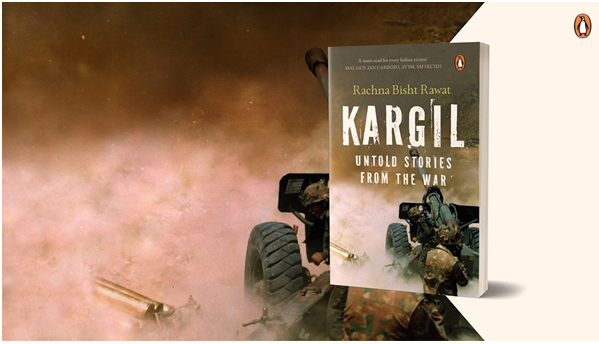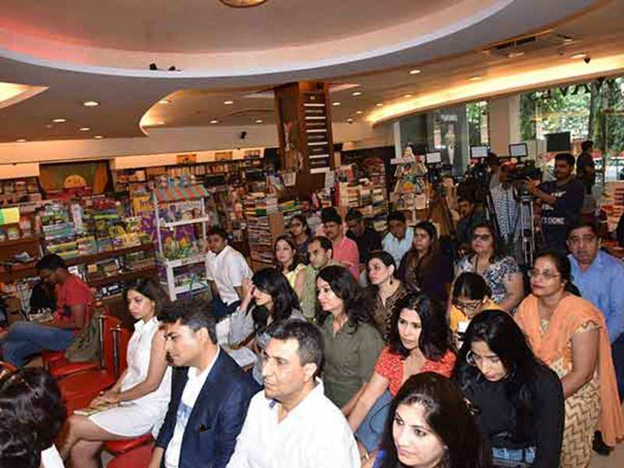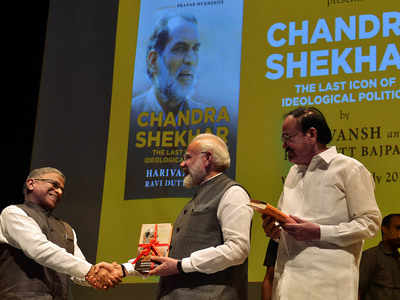Frontlist Author | Indian Novelist Anuradha Roy finds solitude in the Kumaon Himalayas
Frontlist Author | Indian Novelist Anuradha Roy finds solitude in the Kumaon Himalayason Sep 07, 2020

New Delhi– Living far from the madding crowds in the cantonment town of Ranikhet in the Kumaon Himalayas that provides her solitude, “it’s hard to believe” the number of distant readers her books have found, says Anuradha Roy, whose novel, “All The Lives We Never Lived” has been shortlisted for the 100,000 euros (Rs 86 lakh) International Dublin Literary Award 2020, the world’s richest for a single work of fiction published in English.
“I’ve been writing ever since I could form words. It’s always been something I need to do,” Roy told IANS in an interview, adding: “Living and writing in a remote Himalayan town, it’s hard to believe the number of faraway readers the books have found. That is the most gratifying thing about prize lists.” “We moved here (to Ranikhet) 20 years ago and our daily interactions are with our three dogs and our neighbours who are mostly from the neighbouring villages. It is because both my partner and I need solitude and open spaces that we live here,” Roy elaborated. It is this solitude that has seen Roy author four novels — “An Atlas of Impossible Longing” (2008), “The Folded Earth” (2011), “Sleeping on Jupiter” (2015) and “All The Lives We Never Lived” (2018). Between them, these novels have won three awards and have been cited for eight others, including the present one. “All The Lives We Never Lived” (Hachette) is the story of men and women trapped in a dangerous era uncannily similar to the present, its scale matched by its power as a parable for our times. It won the 2018 Tata Book of the Year Award for Fiction. It also made the longlist for the Walter Scott Prize and the shortlists for the JCB Fiction Prize and The Hindu Literary Prize and the present one. “Sleeping on Jupiter” won the 2016 DSC Prize for South Asian Literature and made the Man Booker Prize longlist and The Hindu Literary Prize shortlist. “The Folded Earth” won the Economist Crossword Book Award in 2011. It was also longlisted for the Man Asian Prize and shortlisted for The Hindu Literary Prize. The winner of this year’s International Dublin Literary Award – now in its 25th edition – will be announced on October 22 as part of the International Literature Festival Dublin (ILF Dublin). The shortlist was drawn up from 156 titles nominated by public libraries in Canada, France, Germany, Greece, Ireland, Jamaica, New Zealand, Poland, the UK and the US. The solitude of Ranikhet has, in a way, “immunised” Roy from the coronavirus pandemic, though it has affected one of her projects. She also thinks the impact of Covid-19 is “profound”, both for writers and the publishing industry. “I want to keep a safe distance from the epidemic if at all possible, both in my life and in my fiction. “I think the impact is profound, and in ways we will be trying to understand for years. In terms of the immediate, writers work alone, so you might think enforced isolation is a bonus, but not really. Travel for research has become impossible and one of my projects is suffering because of that. In India, the publishing industry has been badly affected by the prolonged lockdown and book shops have suffered badly,” Roy said. Roy and her partner, Rukun Advani, have often been described as the ‘first couple’ of publishing. Would she like to elaborate on this journey? “I’ve never heard about that,” she replied rather modestly, adding: “But yes, we do run a two-person independent press and fortunately our skills are complementary so we are responsible for completely different aspects of the business of publishing. We started Permanent Black twenty years ago with one book and our personal savings and now we have over 350 titles by brilliant and erudite authors on our list.” Solitude and open spaces — could there be a better formula for nurturing creativity? (IANS)
All The Lives We Never Lived”
Anuradha Roy Indian Novelist
Frontlist
Frontlist Author
Frontlist Author News
Frontlist India
Frontlist India news
Frontlist Latest news
Frontlist News
Indian Novelist
Indian Writer news
International Dublin Literary Award

.jpg)
.jpg)
.jpg)
.jpg)
.jpg)
.jpg)

.jpg)
.jpg)
.jpg)
.jpg)


_(1).jpg)
.jpg)










Sorry! No comment found for this post.